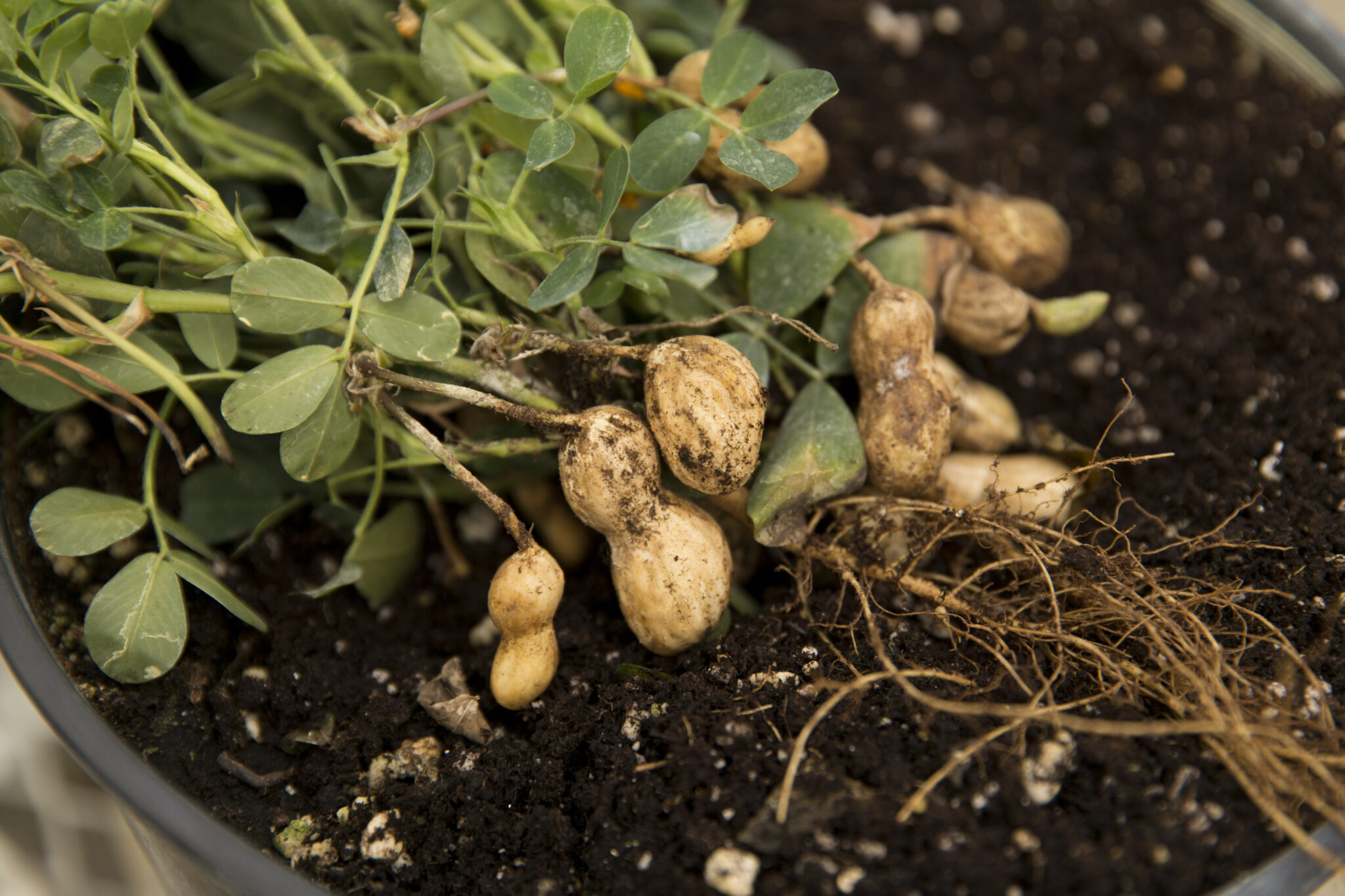By Mike Isbell
University of Georgia
They were all over my muscadine vines. And the ones that weren't -- well, I could tell they were just waiting their turn. I didn't plant my muscadines to feed grackles.
In case you don't know, a grackle is a bird kind of like a blackbird, only bigger. Both of them would drive me nuts if I had to listen to them all day.
As soon as I walked out, the flock flew away. I knew they would probably be back, but they were not going to eat my muscadines. I've waited on those things to ripen, and I wasn't going to let a bunch of birds beat me to them.
Bird netting
So I went to the store and bought a roll of bird netting to put over the vines. It's black, so you can't really see it until you get up to the vines. It works really well to keep the birds from getting the fruit. The only problem with the netting is that I can't get to the ripe muscadines either.But I'll be darned if I'm going to let the grackles have them!
Muscadine grapes were one of the early colonists' most pleasant surprises when they settled here in the Southeast. The wild muscadines are an important wildlife food, too, and often climb to the treetops.
Muscadines are either bronze or black. Bronze muscadines are sometimes referred to as scuppernongs. Scuppernongs are actually a cultivar of bronze muscadine found growing wild on the Scuppernong River in North Carolina in 1810 and cultivated since then.
A bit confused
A lot of folks are a bit confused when they talk about scuppernongs and muscadines, and I may be one of them. But I don't think so.Now, this is an actual conversation -- well, almost actual -- with one of my sisters Sunday while I was visiting. I happened to make the comment, "The muscadine vine sure doesn't have many muscadines on it this year."
"That's not a muscadine vine," she answered. "It's a scuppernong vine."
"Well, why isn't it a muscadine vine?" I asked.
"Because muscadines grow in trees and this one is growing on a trellis wire."
But scuppernongs are muscadines! See the confusion?
I'm certain I don't have scuppernongs, because I bought them and planted them, and I know what the tag on the vines said. I have two cultivars of muscadines growing at my house, and they're not growing in the trees.
And the grackles are not going to eat 'em before I do!






